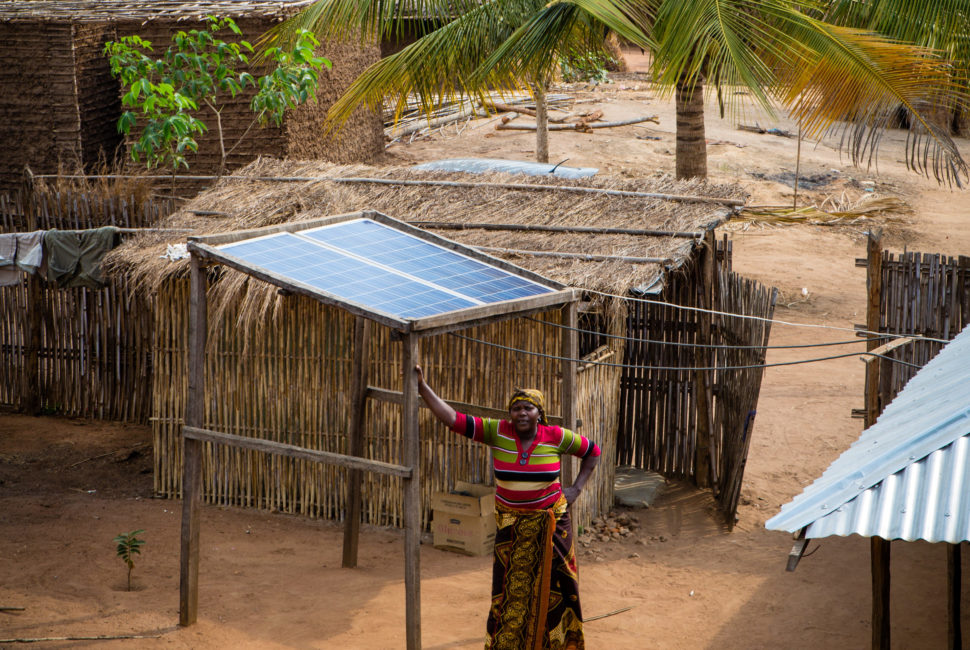Impact Investing in a Time of Crisis

It is on the banks of Lake Cuomo, Italy that the term “impact investing” was coined at a Rockefeller Foundation meeting organised in Bellagio in 2007. Since then, thousands of conferences have been held across the world on the topic. Hundreds of reports and white papers, all opining on what impact investing should be and how impact should be measured, have been released. Dozens of impact funds have been launched. Two global crises made the world question the entanglements of its financial and economic systems. Yet, the impact universe never converged into a unified framework.
Impact funds have been vastly instrumental in fostering the development of the energy access sector. Yet, as companies are specialising and value chains are crystallising, impact investment strategies are coming under scrutiny. Energy access is a capital-intensive sector where small basis point variations in cost of capital can have major implications on a project’s or company’s financial sustainability. In this context, some critics argue that impact investors have historically laid emphasis on quantitative deployment KPIs, shifting focus away from unit economics cost-efficiency, corporate-level profitability, and leverage ratios optimization, resulting in companies structurally unable to attract commercial capital.
At Gaia Impact Fund, we strive to prove those critics wrong. We firmly believe that energy is a key to tomorrow’s challenges and opportunities. We firmly believe that an “impact” mindset is essential to bring efficient, tailor-made support to a sector thriving at the intersection of public policies, people’s livelihoods and economic rationales. And we firmly believe that a contemporary impact investing approach, deeply rooted in best-in-class corporate financing, project financing and sector expertise, focused on material issues, is a future-proof investment strategy.
As a multi-stakeholder approach, impact investing is about catalysing change by bringing several classes of investors with several risk appetites into funding coalitions that create value for everyone. We’re seeing an ever-increasing number of high-profile transactions in energy access, most notably in the sophisticated world of layered project finance, where impact investors successfully prove their cornerstone status as catalytic equity providers.
It is also thanks to impact investors’ guidance that energy access companies have shaped into the most data intensive businesses at the bottom of the pyramid. Off-grid companies can routinely leverage an amazing variety of live customer data streams to bring cost-efficient, high-quality services tailored to each customer’s needs and situations. This has already proven a decisive competitive advantage of the energy access industry.
https://www.ruralelec.org/newsletter/april-newsletter-2020-financing-de-risking-mechanisms#special-feature-2517



